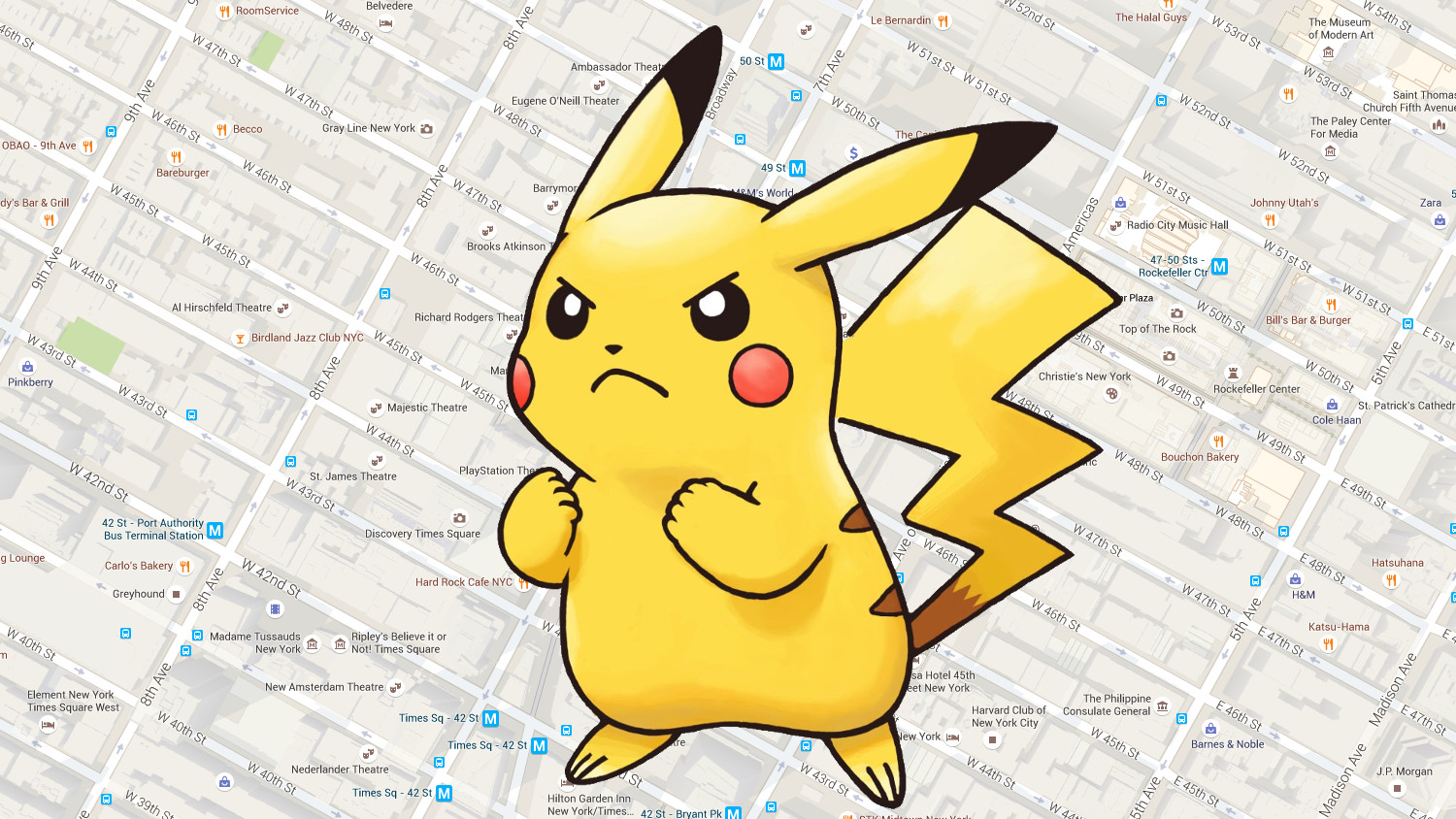Pokevision's creator asks Niantic to listen to Pokemon Go fans

Let's face it. We all miss the Pokemon Go tracking service Pokevision. Since the three step glitch hit us hard and we stopped knowing where to actually find Pokemon, the incredible map service was really the only way to see if there was anything new. After the service's requested closure by Niantic last week - and the subsequent Pokemon Go app update removing distance altogether - Pokevision creator Yang Liu has written an impassioned open letter to the studio asking it to listen to the fans.
First off, Liu explains why Pokemon Go is such a wonderful thing. "At first, I was dubious, but this became the most amazing, yet simple thing I’ve seen in gaming," he says. "As the days unfolded, the world became captivated by Pokemon Go. People absolutely fell in love. We saw stories of elderly learning about Pikachu for the first time. My parents that could care less beyond who the yellow mouse looking thing was 20 years ago, started asking what the other Pokemon were. It was phenomenal".
Liu goes on to say that Pokevision was never the long term solution but only meant to help while Niantic was working on the tracking issue. "We made Pokevision not to “cheat.” We made it so that we can have a temporary relief to the in-game tracker that we were told was broken," he says before addressing the Niantic CEO by name. "John, at SDCC, you said that you guys were working on “fixing the in-game tracker.” This made everyone believe that this was coming sometime soon. We saw Pokevision as a stop gap to this — and we had every intention in closing it down the minute that Pokemon Go’s own tracker restored functionality".
Incredibly, Liu reveals that more than half of Pokemon Go's over 80 million players were checking into Pokevision every day. 50 million players were arriving not to break the game but to play more and find new Pokemon. "Half of the player base of Pokemon Go stopped by — and they didn’t do so to “cheat.” The game was simply too unbearable to play in its current state for many (note: many, not all)," Liu explains. "The main attraction wasn’t that they got to have an advantage with Pokevision, the main attraction was that it allowed them to play Pokemon Go more. This is what everyone wants — to play Pokemon Go more".
The letter also reveals that Pokevision was closed after a direct request from John Hanke who said at San Diego Comic Con that he wasn't a fan of tracking sites and considered them cheating. Liu, rather than wanting Pokevision back, just wants Niantic to listen to the game's fans and reimplement the tracking feature that he sees as key to the overall experience. "After disabling the in-game tracker and Pokevision, the ratings on iOs and Android Google Play store went from 4.0 stars to 1.0–1.5. I am only one person, I admit that my sole opinion is not important, but what about the countless players begging for the game to be restored to its former state?," says Liu.
"I may be biased in saying that Pokevision being down had an impact on the amount of negative ratings, refund requests and outcry on social media — but could it be true? Nothing has changed between the time the in-game tracker broke and Pokevision went down. Could it just be possible that the tracker — no matter if Pokevision made it, or Niantic made it, is something that players desperately NEED — not want, but NEED — in order to play the game?"
Personally I think he's absolutely right. With almost 90 Pokemon in my Pokedex, it's getting trickier to find new Pokemon and while I enjoy wandering, it's great to see an indicator of where things actually are. The removal of the footprints altogether is hopefully paving way for something a little more helpful down the road but Liu is a wise voice of reason here and I hope Niantic is listening.
Weekly digests, tales from the communities you love, and more
Seen something newsworthy? Tell us!
Louise Blain is a journalist and broadcaster specialising in gaming, technology, and entertainment. She is the presenter of BBC Radio 3’s monthly Sound of Gaming show and has a weekly consumer tech slot on BBC Radio Scotland. She can also be found on BBC Radio 4, BBC Five Live, Netflix UK's YouTube Channel, and on The Evolution of Horror podcast. As well as her work on GamesRadar, Louise writes for NME, T3, and TechRadar. When she’s not working, you can probably find her watching horror movies or playing an Assassin’s Creed game and getting distracted by Photo Mode.



